Southern Israel
I woke up on Tuesday morning, October 10, having just got back from New York City covering a big pro-Palestine protest. War reporting has been something I’ve always wanted to do. I figured it might be hard to catch a flight to Israel with everything going on, but because of the large Jewish and Israeli population living around Miami, there was a direct El Al flight that evening to Tel Aviv for $800. It was the last direct flight out of Miami for a couple of days, so I thought, “If I am going to do this, today is the day.”
I was planning on leaving my job at Townhall the following week to start my independent Substack, but told them I was departing that day to go cover the war in Israel. They wished me well and off I went. It was a twelve-hour flight and the furthest I’ve ever traveled away from the United States, so it was an entirely new situation for me; not only because of being in a war zone, but because of the language and cultural barrier. When I landed, I got a rental car, but I didn’t have a hotel yet. I was on my own. I started to head south toward the Gaza Strip.
One of the first things I had to do was download the Red Alert app that warns you about incoming rockets from Gaza, the biggest safety threat at that point. I tend to shoot from the hip and so I honestly hadn’t thought very far ahead in terms of my safety. I had no institutional backing and didn’t travel with any companions. While it was alarming, I’m fairly comfortable in high stress and unpredictable situations. It might be something I picked up covering the 2020 riots, when I was on the ground without any kind of security. It was always incumbent on me — and the Lord — to make the smartest decisions possible so I could go home at the end of my assignment.
I did meet and get to know some local Israeli journalists. They were helpful, and people in Israel were very nice in general. I met up with Mike Tobin, a Fox News international correspondent I’d first met during the riots. It was nice seeing a familiar face. I also met Fox News foreign correspondent Trey Yingst while I was out and about — even though he was very busy, he took the time to talk to me, which I appreciated.
One of my goals in Israel was to find the stories that the international media was missing, mostly because they were all based in Tel Aviv. I spent the latter part of my trip in Ashkelon, the first major city north of the Gaza Strip, to see what life is like day-to- day during a war. Ashkelon normally has a population of about 150,000, but probably about half of the citizens left after October 7, so many local businesses were closed.
I spoke to the owner of one of the few restaurants that stayed open and heard about the challenges of operating during a crisis, like hiring an entirely new staff and getting the supplies necessary to make meals.
The Israelis I spoke to mostly laughed at the idea of a ceasefire — they know there was already a ceasefire in place before October 7. More than anything, though, they were shocked that something like this could happen. Israelis have faith in their military’s ability to respond to attacks, but not as much trust and confidence in the government and intelligence community that were unable to stop Hamas’s plan. It struck me as very similar to the conservative movement’s attitude toward our institutions.
I reported on a hospital in Ashkelon which was hit by rocket fire four different times before the bombing of a hospital in Gaza became a major international story. Everyone in the Middle East was suddenly accusing Israel of the Gaza attack, but it turned out to be an Islamic Jihad rocket that misfired. It was fascinating to see the comparative lack of outrage over the Ashkelon hospital, which, unlike the hospital in Gaza, has been deliberately targeted by Hamas in the past. That is why it’s important for independent media to be on the ground. The mainstream media has its preferred storylines, and this often causes them to misreport or entirely miss stories of vital importance. I saw it all the time with the 2020 riots and I’ve seen it with the border crisis, but the stakes are a lot higher during a war. We had riots outside our embassies in the Middle East and US troops were attacked because of the belief that Israel — and by extension, the US — had bombed the Gaza hospital. There were immediate negative impacts because of the media’s practices. I’ve always thought we can do much better.
This article was originally published in The Spectator’s December 2023 World edition.



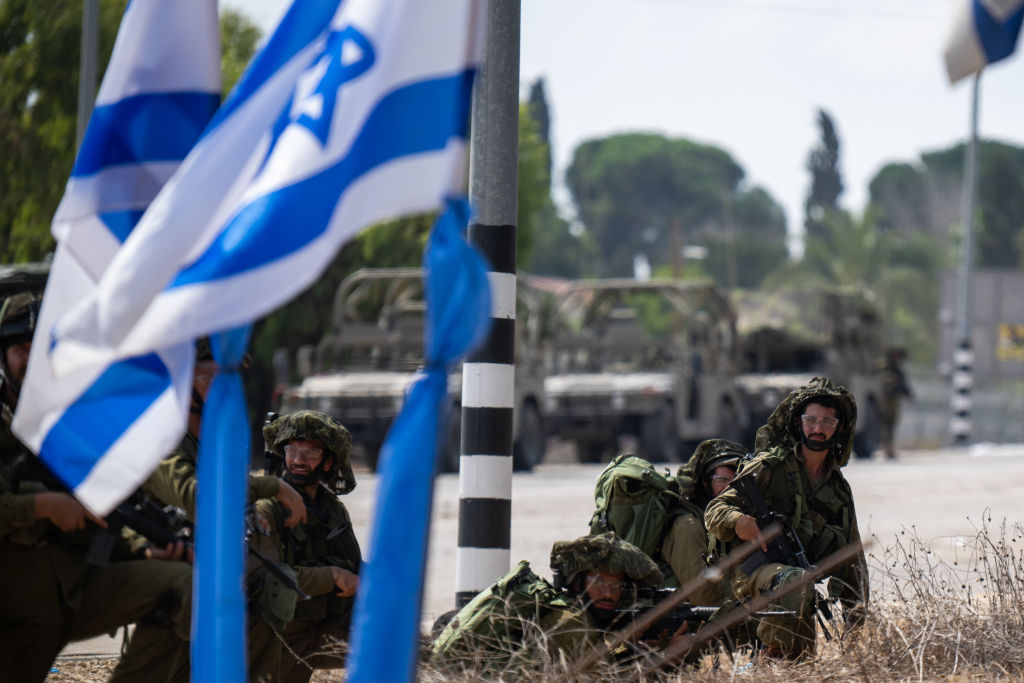






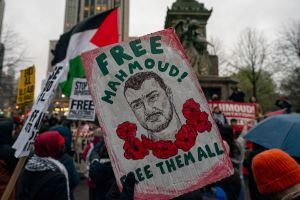

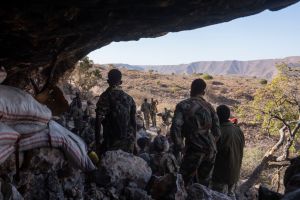
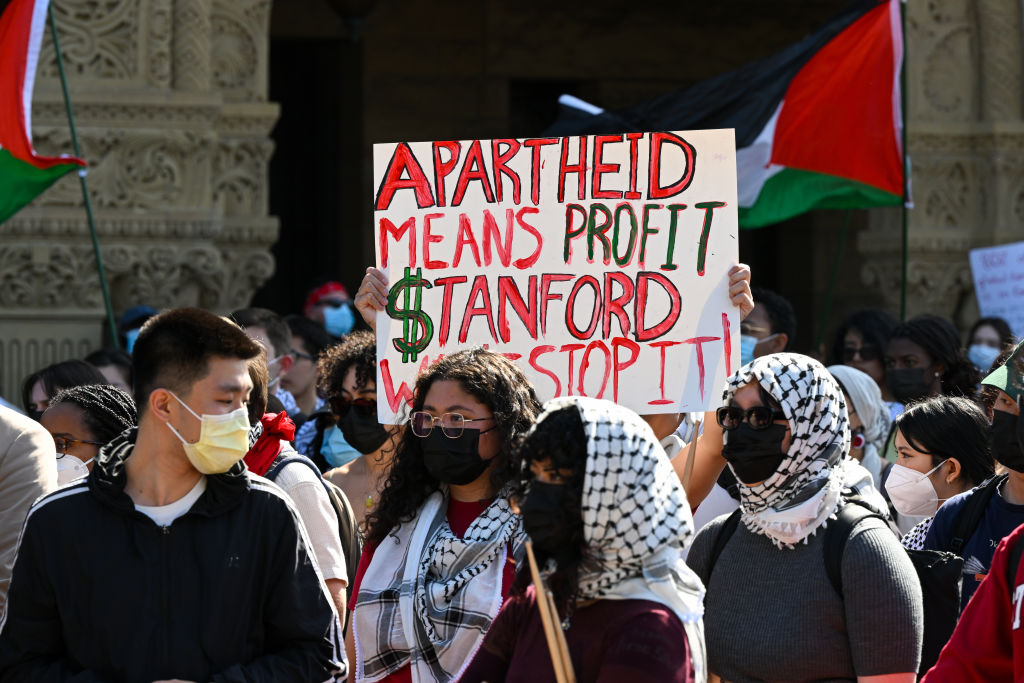


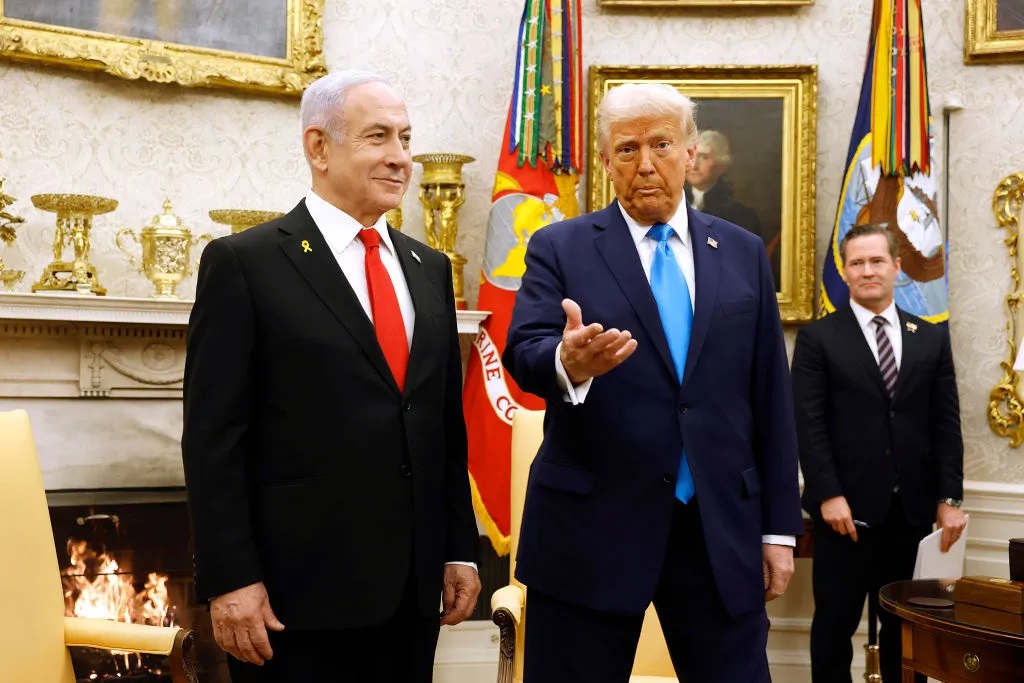
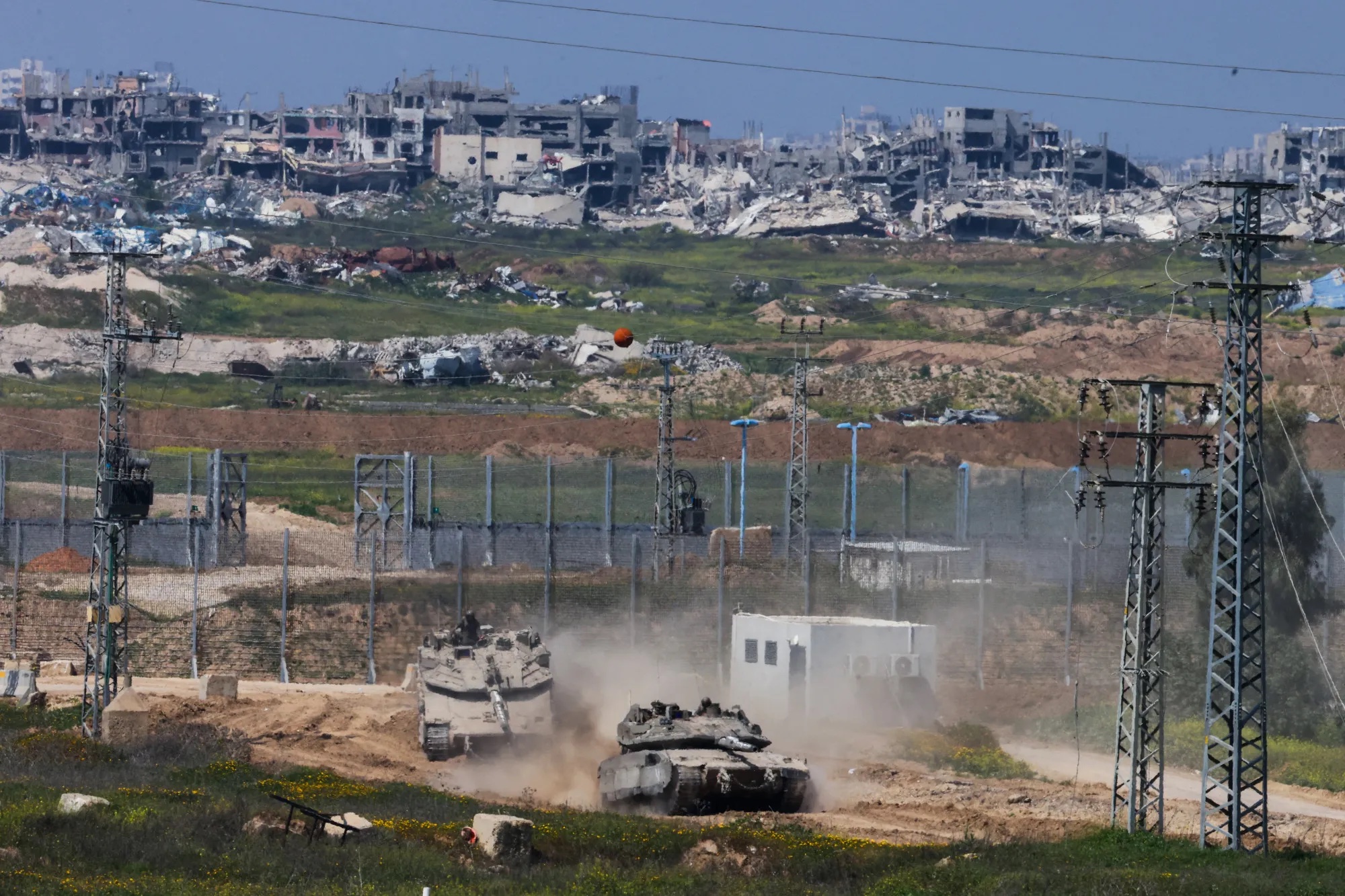
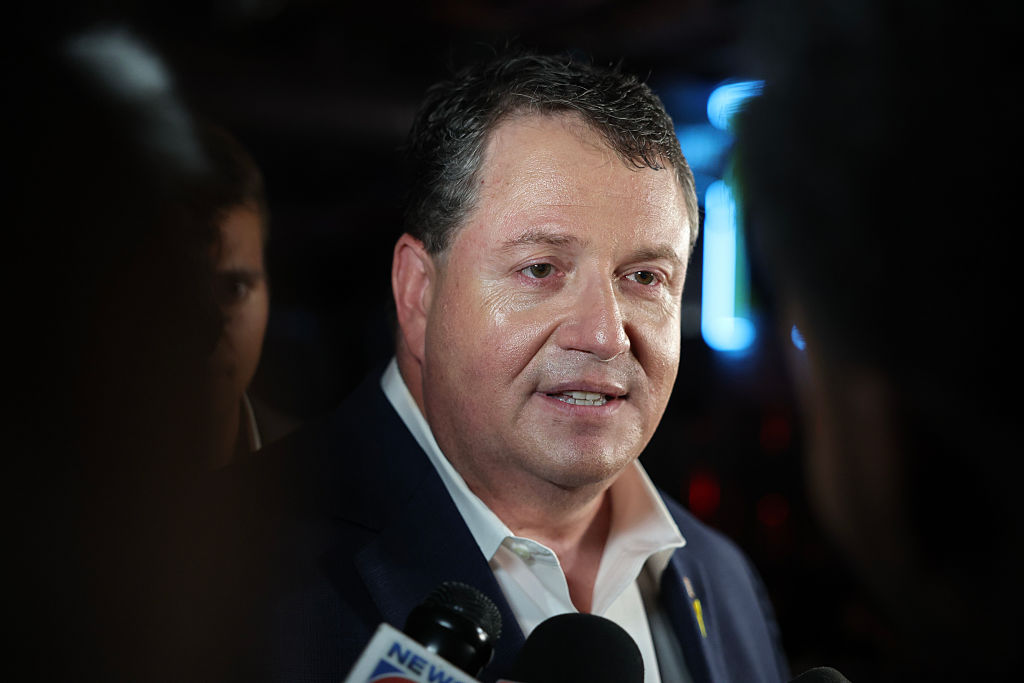







Leave a Reply